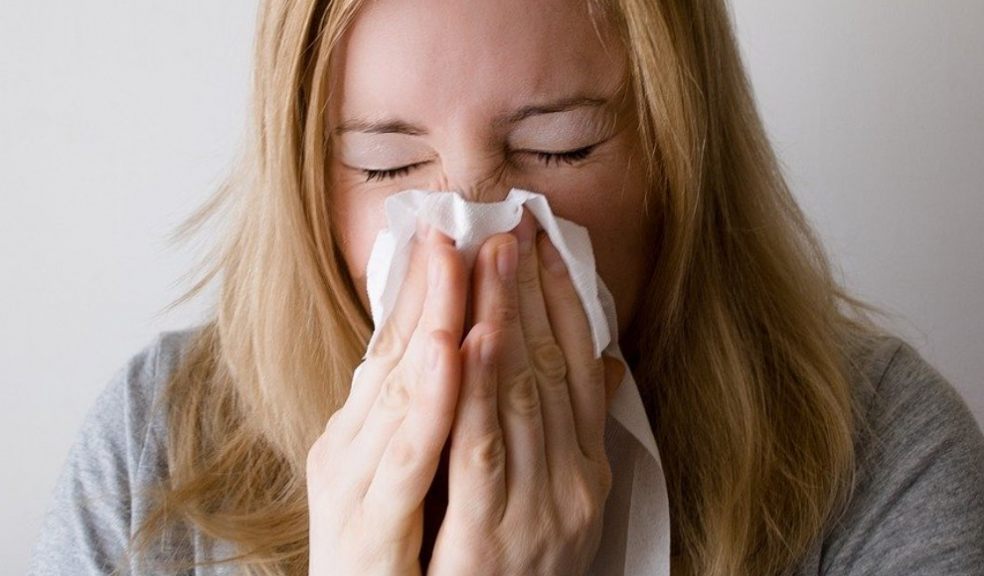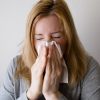
Everything you need to know about hay fever
If you’ve ever had hay fever, you can probably recall the symptoms. Red and watery eyes, sneezing, problems with your nose, and so on. But did you know that hay fever is just a name for an allergic reaction and that there’s not only one kind of hay fever?
This could explain why you and your family members may experience the same symptoms at different times of the year. For that reason, you should try to identify what’s causing your symptoms, so that you’re prepared the next time.
The Causes of Hay Fever
Factors that trigger hay fever depend on the time of the year. Some people experience issues all-year-round, but most are able to tell which season or even month is the worst for them. Of course, the solution isn’t to stay at home, as triggers are everywhere.
Hopefully, this guide will help you identify what’s causing your allergic reaction. If you want to be 100% sure, you could do a test to confirm it.
- Tree pollen – It opens the season of allergies and is most prevalent in the early spring.
- Grass pollen – If you’re allergic to grass pollen, you probably know it, as it causes discomfort starting from late spring until the end of the summer.
- Ragweed pollen – If you experience symptoms in autumn, you’re most probably allergic to ragweed pollen.
Generally speaking, there are no winter triggers, so you should be safe. But that’s not entirely true as some other elements areproblematic all-year-around. We’re talking about dust, pet hair, and spores. These actually get worse in the winter, as we spent most of our time indoors.
What Is the Best Treatment?
It’s hard to say what the best treatment is without knowing the cause first. Multiple medications can be used to treat hay fever, and they’re very effective. We’d suggest talking to your doctor, as that’s the only way to find the right treatment for you.
Every cloud has a silver lining.In this case, once you realise what’s causing your discomfort, you’ll be able to prevent the allergic reaction in the future. Your doctor can give you a prescription to use a couple of days before the symptoms are likely to appear.
Many people manage to prevent their allergies by using this simple method. Of course, if your reaction is too severe, the medicaments may not be able to prevent it completely, but they could at least make it more tolerable.
Finally, there are also things that can help you when the allergy hits. For instance, you could try rinsing your nose with a saline solution. It may not be the most pleasant feeling in the world, but you’ll feel much better afterwards.
Is Hay Fever Dangerous?
Although some people experience severe symptoms, hay fever isn’t considered dangerous. The symptoms may range from mild to severe, but they come and go, and usually don’t have any severe consequences.
The only scenario where you should be concerned is if you have a respiratory disease such as asthma or chronic bronchitis. You shouldn’t try to treat it at home, and we suggest reaching out to your doctor instead. Untreated allergies could lead to more serious problems later on in life.
Moreover, children dealing with this issue require special attention, as their respiratory organs may not be fully developed yet. You should never try to treat your child with the same medicine your doctor gave you, as they may be too sensitive. It is possible to find special medications for children. The price may be somewhat higher, but for your safety and peace of mind,it’s well worth it.
Breathewith Ease
Today, there are multiple treatments for hay fever, and there’s no reason to allow this minor issue to affect your life. Problems with your nose and eyes could adversely impact onyour mood and your productivity, and you could become grumpy. And that doesn’t need to happen.
If the treatment your doctor prescribed previously didn’t work, don’t give up. You can always ask for another opinion or a different treatment. Everyone deserves to be able to maintain the same quality of life all-year-round, and modern medications allow us to do just that.




















